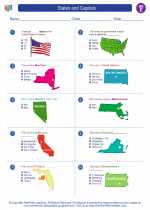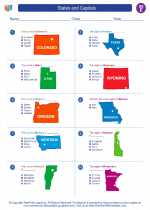Parents
Parents are the people who raise and take care of children. They play a crucial role in the development of their children, providing love, support, and guidance. In many cultures, parents are considered the primary caregivers and are responsible for meeting the physical, emotional, and educational needs of their children.
Roles of Parents:
- Provider: Parents are responsible for providing the basic needs of their children, such as food, shelter, and clothing.
- Protector: Parents ensure the safety and well-being of their children, protecting them from harm and danger.
- Teacher: Parents play a crucial role in educating their children, teaching them important life skills and values.
- Emotional Support: Parents offer emotional support and nurture their children's mental and emotional development.
- Role Model: Parents serve as role models for their children, influencing their behavior and attitudes.
Study Guide:
- What are the roles of parents in raising children?
- How do parents provide for the basic needs of their children?
- What is the importance of emotional support from parents?
- Why are parents considered role models for their children?
Understanding the roles and significance of parents in a child's life is essential for appreciating the impact that parental influence has on a child's development.
.◂Social Studies Worksheets and Study Guides Fifth Grade. States and Capitals
Study Guide States and Capitals
States and Capitals  Worksheet/Answer key
Worksheet/Answer key States and Capitals
States and Capitals  Worksheet/Answer key
Worksheet/Answer key States and Capitals
States and Capitals  Worksheet/Answer key
Worksheet/Answer key States and Capitals
States and Capitals 

 Worksheet/Answer key
Worksheet/Answer key
 Worksheet/Answer key
Worksheet/Answer key
 Worksheet/Answer key
Worksheet/Answer key

The resources above cover the following skills:
Geography: A student should be able to utilize, analyze, and explain information about the human and physical features of places and regions. A student who meets the content standard should:
Understand that a region is a distinct area defined by one or more cultural or physical features.